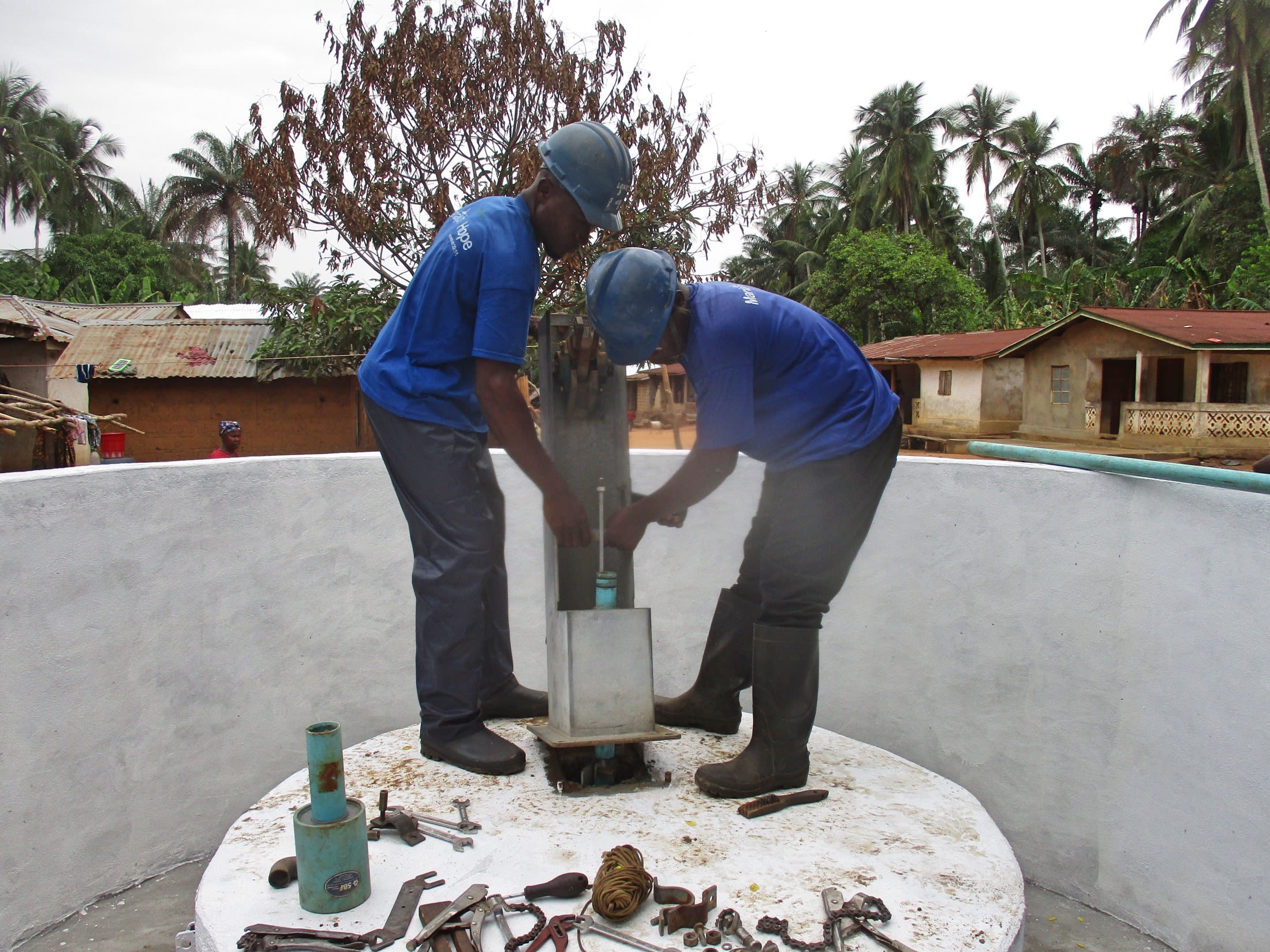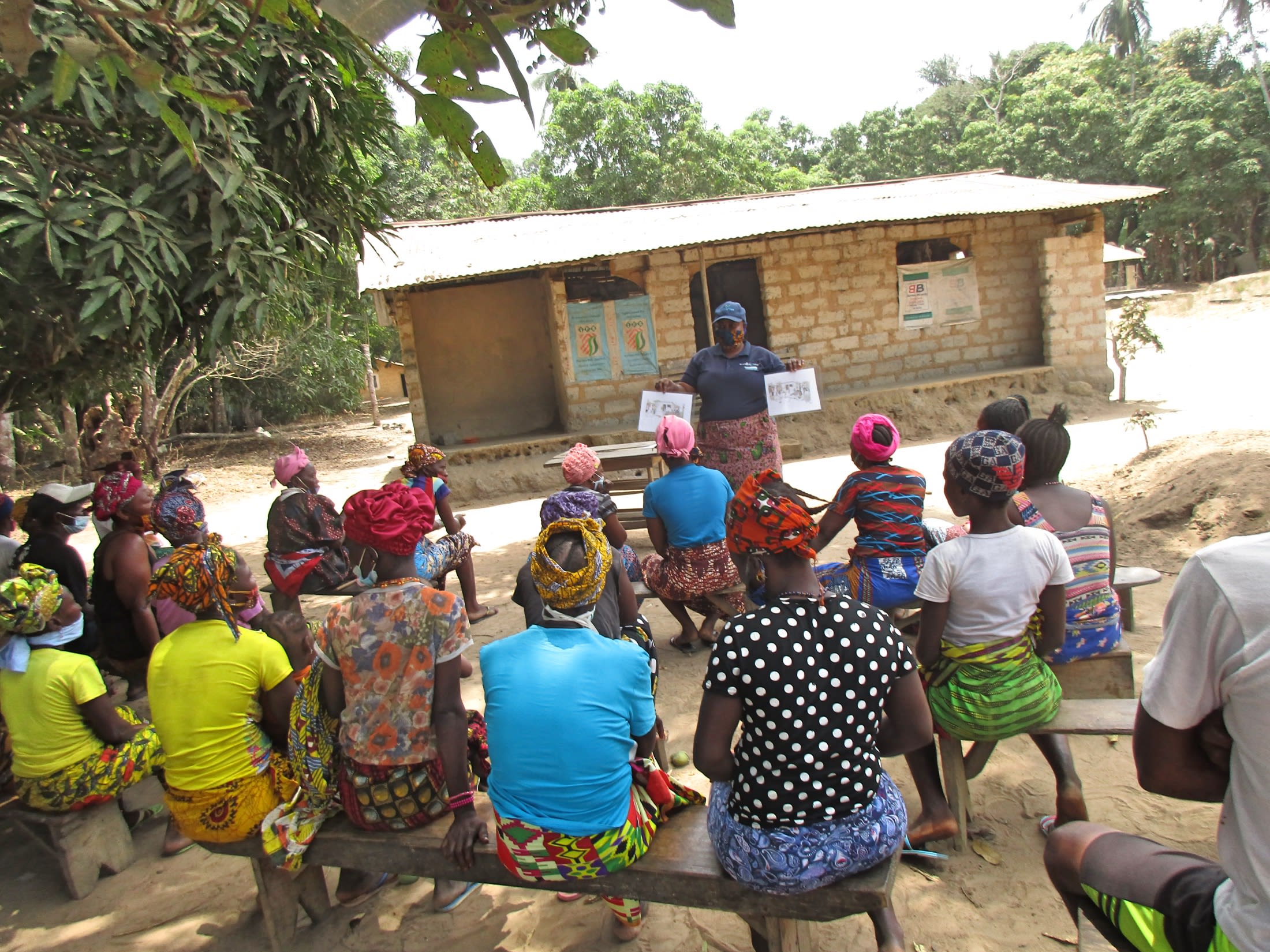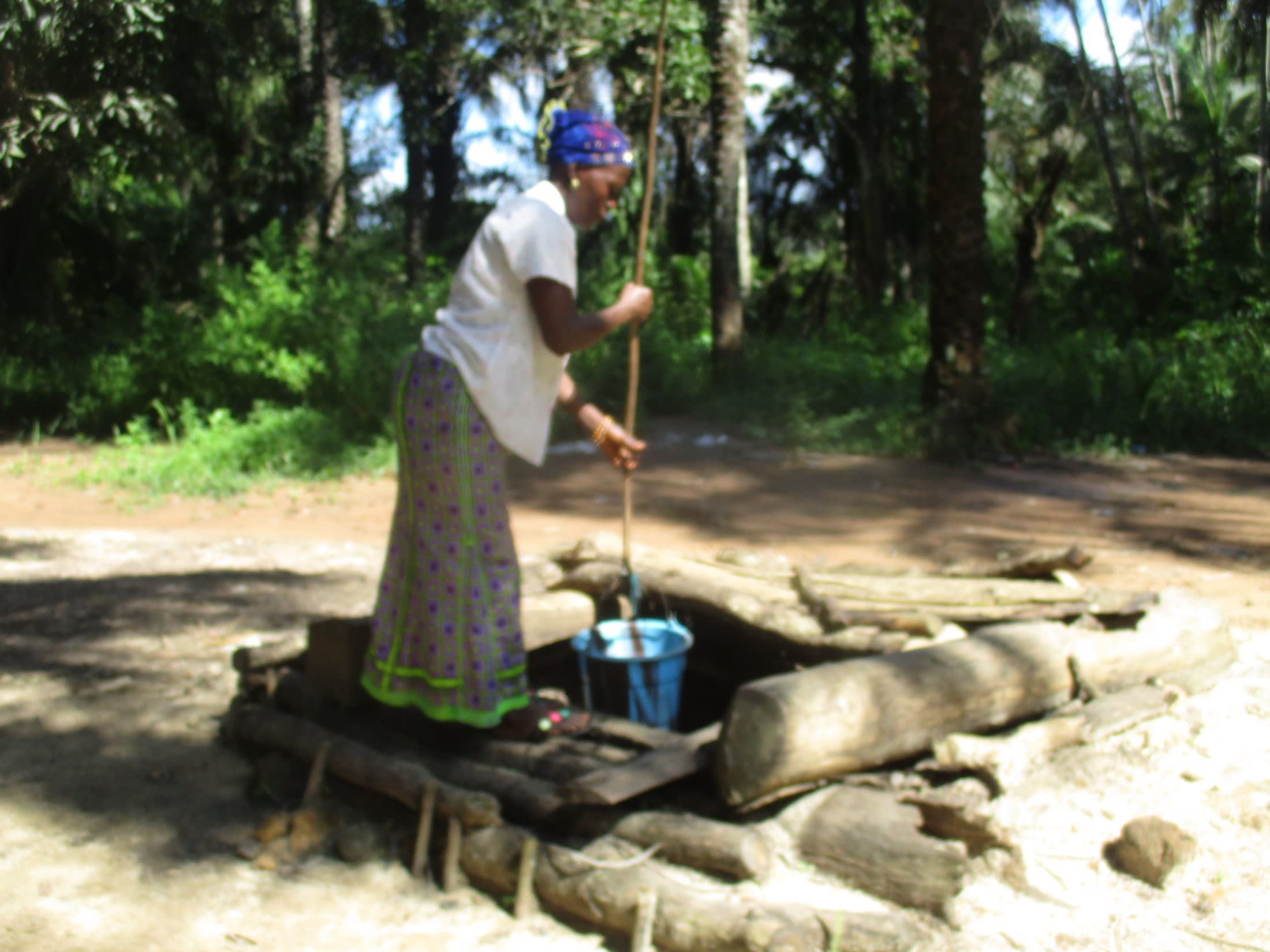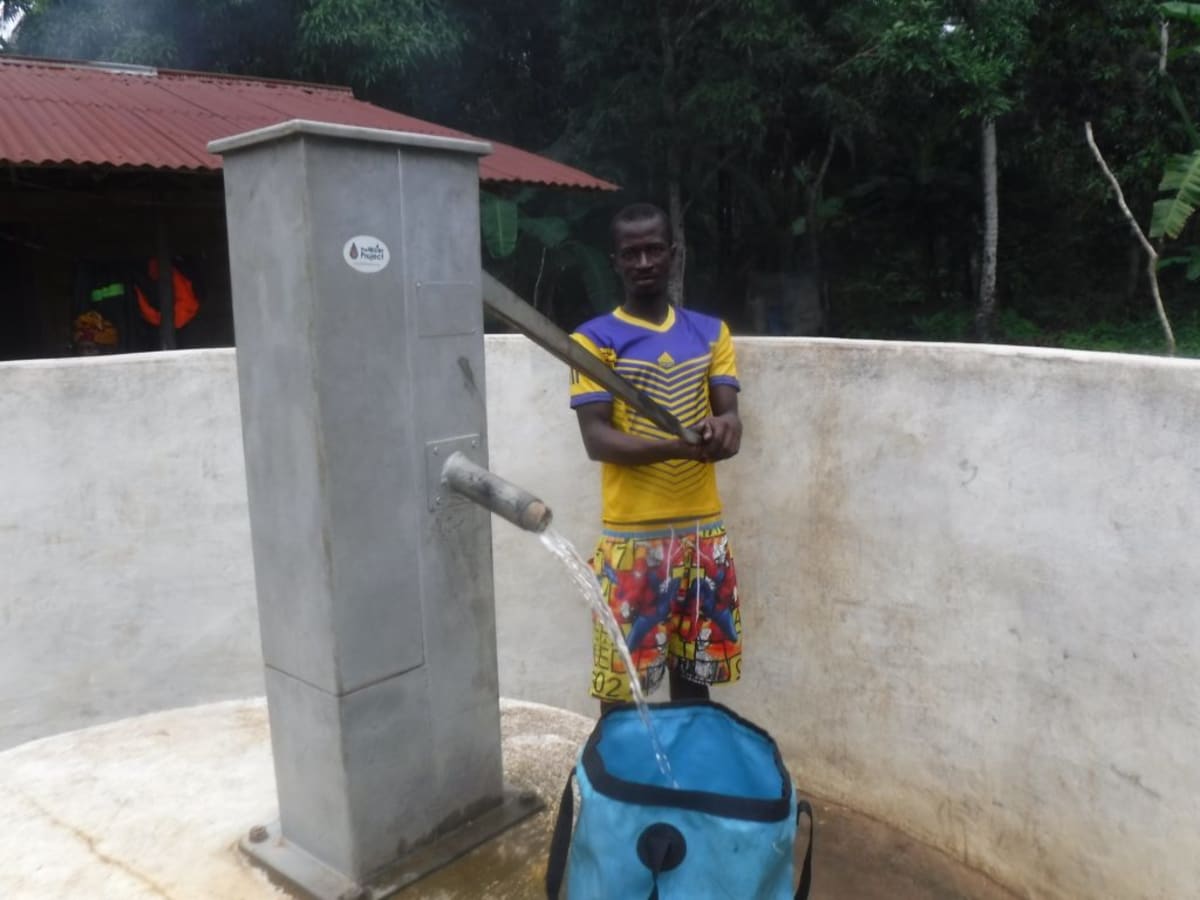The 400 community members of Malap village are suffering from the water crisis with others across the entire Port Loko chiefdom.
Malap is considered fortunate by surrounding villages because they currently have a shallow hand-dug well that provides water for at least four months out of the year. Initially dug to alleviate the community's problems during the dry season, it has now become the primary source of water for them and surrounding communities.
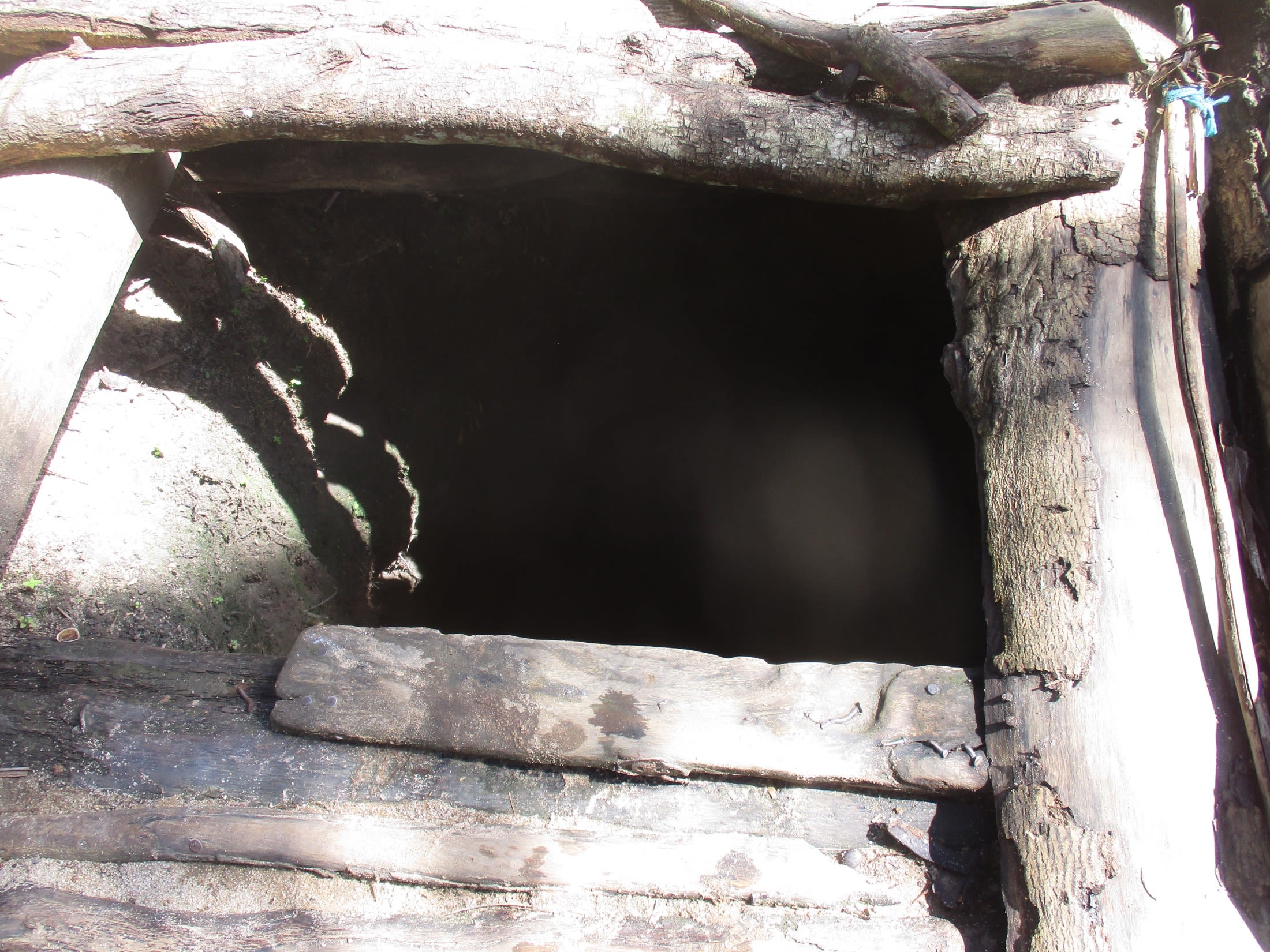
Others outside Malap don't realize that the water from the well (pictured above) is of poor quality and dangerous to drink, making people sick. This community (and the surrounding ones) are desperate for clean water.
Sallu K., a 13-year-old boy in the community, shared, "Everything we do is centered around water, and without it, nobody is going to survive. Even though fetching water does not take us to other villages, not having a sufficient amount is very alarming. There is no body [of water] in the village that does not have an odd smell. The water is dirty and mixed with dead animals and leaves."
The unsafe, shallow well is dug deeper every year so that the water will not dry when needed most. With the inflow of people from other communities coming in search of water, water has become a limited commodity that has to be protected and restricted, making sure people only fetch a limited number of buckets so they can try to make it last.
"Day after day, fetching water has become a task that takes a lot of my time. It is not advisable to fetch water and store it since we are only allowed a certain amount during the day, but at night since there is no one at the well to restrict, the people from this village usually fetch at night, and it is left for the use by people from other villages during the day," said Mabinty Turay, a 46-year-old farmer, and housewife.
The current water source in the community should not be used for drinking, cooking, or even for animals. But people make the difficult decision to ingest the contaminated water, knowing it could make them sick, because they have no other choice. Sadly, drinking the water involves minor to life-threatening health consequences and frequent hospital visits with illnesses such as malaria, typhoid, cholera, dysentery, diarrhea, and numerous worms and parasites.
"The only lasting solution that can save our lives is when we have a well that can give us good water to drink," Mabinty continued. "We fish out all kinds of things from this well, such as old slippers, frogs, snails, worms, and cockroaches. I shut my eyes and pray each time I want to drink because I know the water is bad, but what choice do I have? What choice does my family have? We are helpless and knowingly doing things harmful to our health and the health of our children."
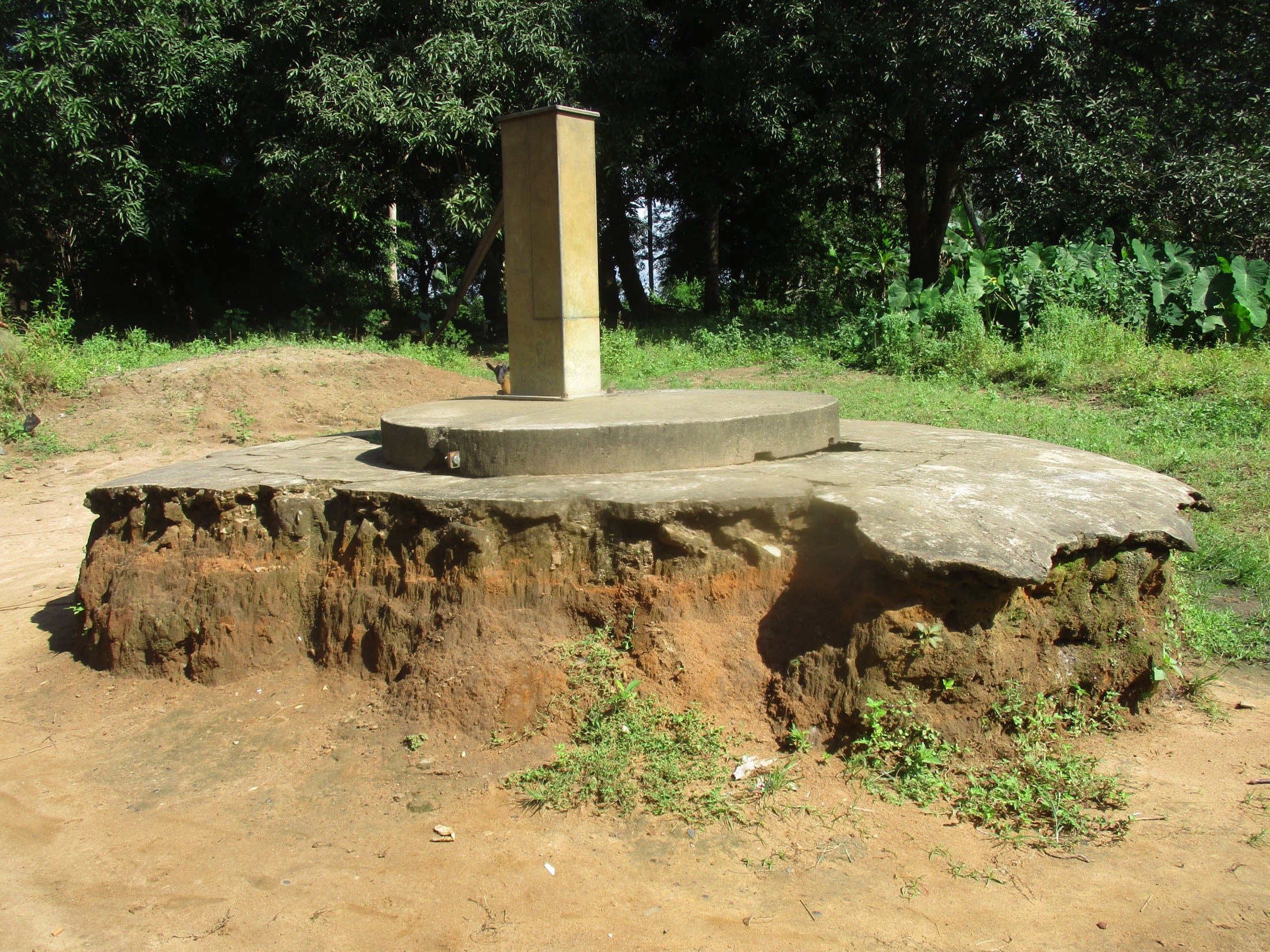
Another hand-dug well (pictured above) in Malap was protected in the past, but has been entirely unusable for the past few years. This is the one we will rehabilitate. The cement pad around it is crumbling. It has a broken hand pump, and the water produced has a red color, smells terrible, and is very cloudy. Sadly, instead of making safe, clean water for the community, it is now used to sit and rest and lay harvested rice to dry.
Here's what we're going to do about it:
Well Rehabilitation
The well marked for this overhaul is dry for a few months every year and needs major work to supply adequate, clean water to the community year round. The pump will be removed, and a hand auger will be lowered inside and powered by a drill team. This hand auger will allow the team to drill several meters deeper to hit a sufficient water column that will ensure the well supplies water throughout all seasons.
As the team drills, casing will be installed, transforming the bottom of this hand-dug well into a borehole. PVC piping will connect this lower system directly to the pump, a construction that we know will also improve the quality of water.
Once this plan is implemented, everyone within the community will have access to safe drinking water in both quality and quantity, even through the dry months.
Hygiene and Sanitation Training
There will be hygiene and sanitation training sessions offered for three days in a row.
After our visit, the hygiene and sanitation trainer decided it would be best to teach community members how to build a tippy tap (a hand-washing station built with a jerrycan, string, and sticks). They will use these tippy taps for handwashing demonstrations, and will also teach about other tools like dish racks and the importance of properly penning in animals.
These trainings will also strengthen the water user committee that manages and maintains this well. They enforce proper behavior and report to us whenever they need our help solving a serious problem, like a pump breakdown.

 Borehole Well and Hand Pump
Borehole Well and Hand Pump

















